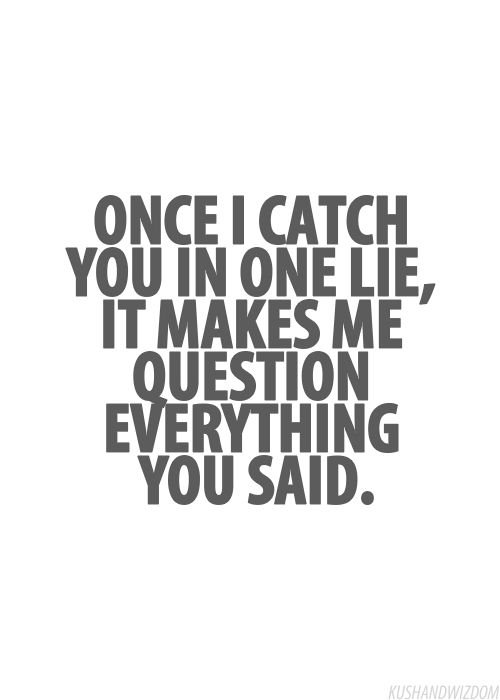It's a sad time for the moral man. Not necessarily for the ethical man, but the moral man. We live in (and possibly people have always lived in) a time when many cultures and societies definition of ethical behavior is increasingly immoral.
No ladies and gentleman I am not talking about religion, sexuality, marriage, or even politics. Those are ethics defined by society and culture, not morals.
I'm talking about the very essence of what makes good good, and bad bad. The things we are taught (or should be) from a very young age. The things that don't really change much as our worldview expands and we learn how complex an environment our societies have created for themselves.
So what is at the core of the moral man?
A moral man can be unethical. An ethical man can be immoral.
Quite simply, the moral man is honest. So lets talk about honesty. Lets talk about telling the truth. Sounds simple right? It should sound simple. It is simple.

So why do people increasingly have a difficult time with honesty?
Well, to answer that, we must first define what honesty actually is. I know... simple right?
Well it is to those of us that do not try to justify our own immoral behavior, or society's for that matter. For those of us that live in or believe in societies and cultures where the lines have become blurred and honesty of all things has developed a giant grey area around what was once black and white however? Maybe it's no longer that easy to distinguish.
That is sad. It's sad for you, it's sad for me, it's sad for all of us.
So what are a few common examples of dishonesty? What makes someone a LIAR?
Well if you're in elementary school and reading this, your answer is likely 90-100% correct. If not, which is likely, I can no longer be as certain it's even within the 50% range. Possibly, not even within the 10% range. Again, sad.
So without further ado, here are some common examples of dishonesty; because apparently yes, it does need to be defined:
- Telling someone, unprompted, something that you know is not true.
- Answering a question, with an answer you know is not true.
- Omitting information that you know is vital, and playing along with another as if you are not privy to said information.
There are many other more specific examples that can be given, but these broad ones take care of the grand majority.
The most common reason for dishonesty, for being a liar, is for self preservation, survival.
Telling the truth is not always easy. In fact in today's society it is often difficult. People ask questions they do not actually want the answers to.
I see more dishonesty on a daily basis than I see honesty. Simple things, small things, important things, big things. For all sorts of different reasons, and sometimes for no reason at all. Why are people becoming increasingly adverse to being honest? Dishonesty breeds further dishonesty.
Ask yourself, are you guilty of this behavior? Are you a liar? And then fix it. There is no legitimate justification to lie about anything, ever. If your society has convinced you that there are good reasons, your society is wrong.
You hurt others, you hurt yourself. Even white-lies that you think are 'helping' an individual, actually hurt them in the long-run, and decrease your credibility if you are found out.
Stop being dishonest. Stop justifying your bad behavior. Small or big, a lie is a lie. Stop it.
Hi shade! :) good to see u posting again..